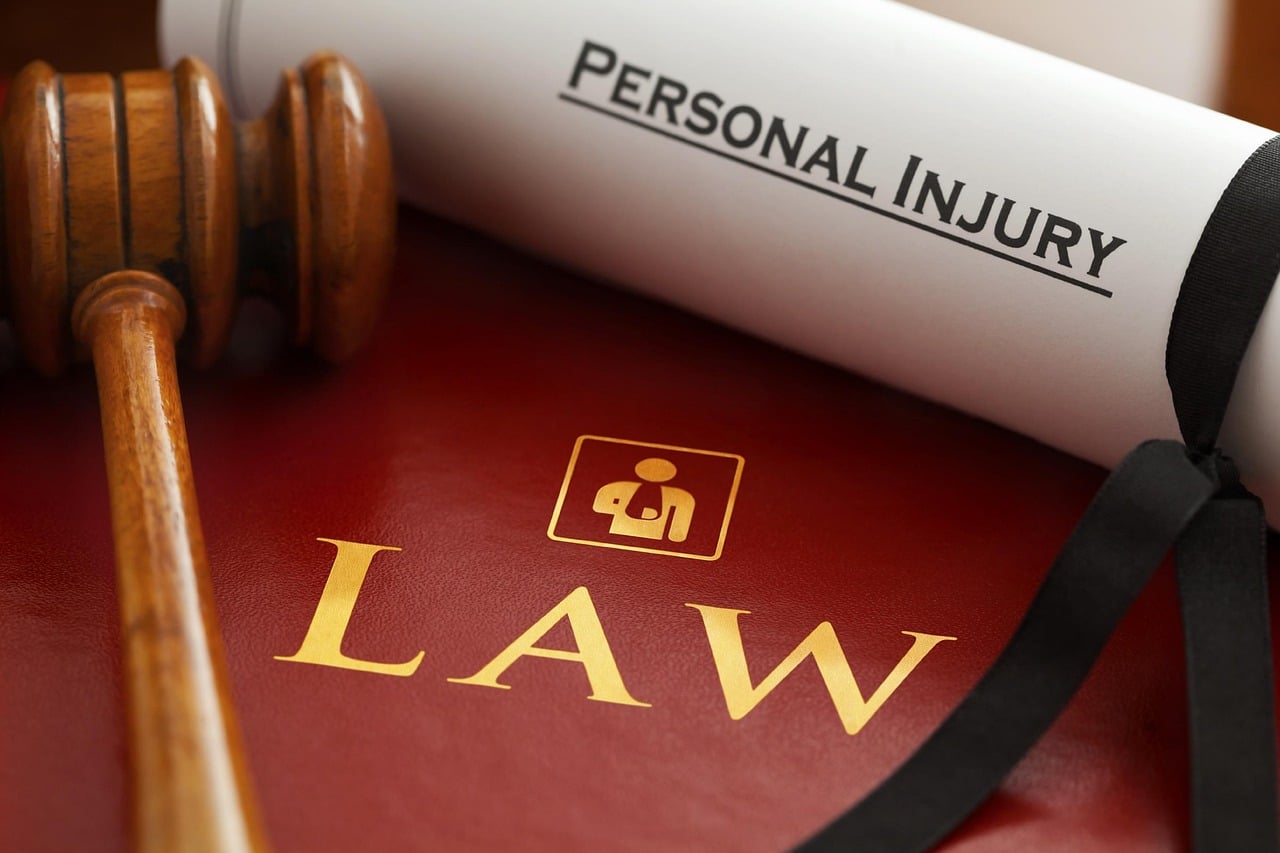When it comes to cases of sexual abuse, survivors and their families face a challenge known as the statute of limitations. These statutes are laws that determine the timeframe within which legal action can be initiated against an offender. Unfortunately, these limitations can have an effect on the pursuit of justice for survivors. That is why we are here to discuss what statutes of limitations entail, how they impact sexual abuse cases, and the growing movement calling for reform.
What Are Statutes of Limitations?
Statutes of limitations refer to provisions that establish a deadline for filing a lawsuit after a particular incident or event has occurred. The purpose behind these laws is to safeguard defendants from being accused of wrongdoings when evidence may be unreliable or witnesses unavailable due to fading memories or potential bias.
How Do They Influence Cases Involving Sexual Abuse?
Sexual abuse cases often involve periods before victims feel comfortable enough or ready to share their experiences. Unfortunately, many survivors only come forward years or even decades after enduring abuse due to factors like fear, shame, threats of retaliation, or coping mechanisms developed as a result of trauma. That is where an IHOPKC sex abuse attorney can help the sexual abuse survivor navigate the path toward justice. Having handled multiple cases, these professionals know the ins and outs of the system and are determined to grant justice to the survivors of sexual abuse.
The Impact on Survivors
When survivors want justice and accountability, they often face obstacles due to statutes of limitations. These time limits restrict their ability to file claims against their abusers or the institutions that allowed the abuse to take place. Consequently, survivors may be unable to seek action and hold perpetrators responsible.
Moreover, statutes of limitations not only hinder survivors’ access to resources like financial compensation for medical expenses and therapy costs but also prevent society from fully understanding the scope and prevalence of sexual abuse. By allowing certain individuals and institutions to evade accountability when complaints arise outside the designated timeframe, these limitations impede our awareness.
Growing Calls for Reform
In recent times, there has been an increasing recognition that statutes of limitations create obstacles to achieving justice in cases involving abuse. Advocacy groups have arisen, demanding reforms that extend or eliminate these limitations. They aim to empower survivors so they can pursue justice whenever they feel ready to come.
While some states have made revisions in their statutes of limitations over the years, each jurisdiction has its regulations. Currently, there is no verdict on statute of limitation reform across states or even within categories of offenses within a particular jurisdiction. It is crucial for survivors and advocates alike to stay well-informed about the laws of their jurisdictions.
Revisiting Legal Cases
In some situations, individuals who were previously unable to pursue legal action due to expired time limits on filing claims have found renewed hope through the reexamination of past cases. Several known investigations, such as those involving abuse within religious organizations or sports teams, have shed new light on cases that were once considered closed.
However, reopening cases is not always feasible due to the complexities surrounding the preservation of evidence and the availability of witnesses. Nevertheless, it serves as a reminder that justice can still be sought in circumstances when new evidence or changes in legislation make it possible.
Conclusion
Statutes of limitations pose challenges for survivors seeking justice in cases of abuse by imposing time restrictions on action. These limitations undermine accountability for offenders while denying survivors support and necessary resources for healing and recovery. Although there has been progress in reforming these statutes in recent years, significant work remains before we can achieve an inclusive and survivor-centered legal system. The ongoing efforts by advocacy groups underscore the need for discussions and meaningful reforms so that survivors are never barred by time from pursuing the justice they rightfully deserve.
Copyright © 2023 California Business Journal. All Rights Reserved.
Related Posts




